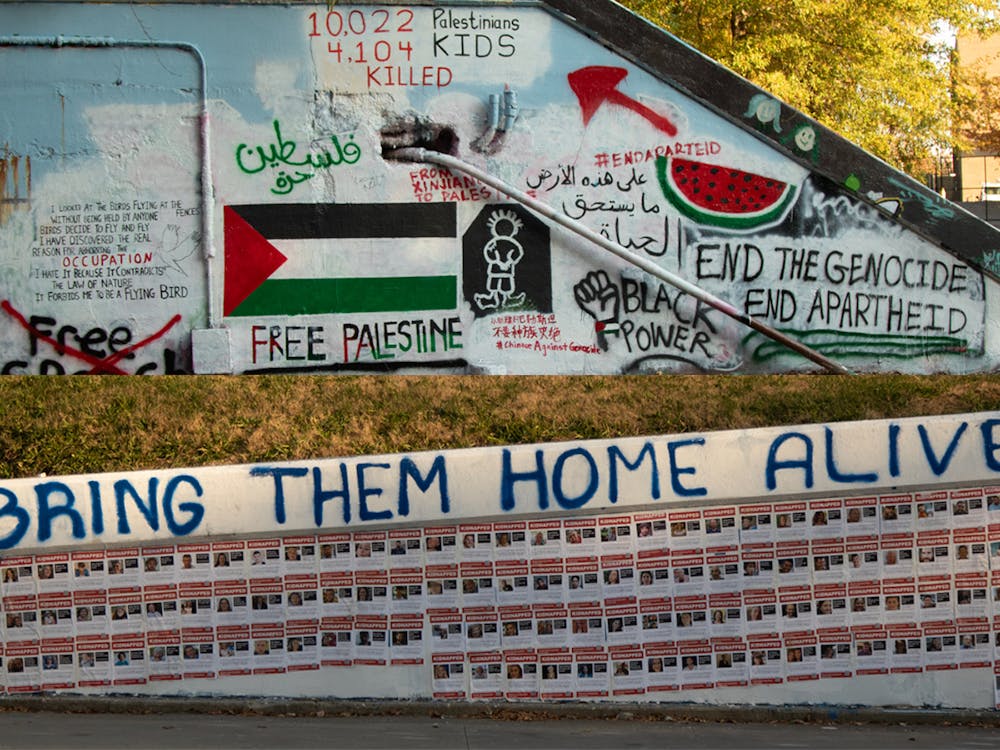Duke updated sections of its Community Standard for the spring semester in response to changes in campus events and discourse following the start of the war between Israel and Hamas last October.
Though campus discourse surrounding the Israel-Hamas war has avoided national attention, the Office of Conduct and Community Standards has “seen an increase in on-campus demonstrations, bias reports and community events that might draw outside attention since Oct. 7, 2023,” wrote Latosha Williams, associate dean of students and OCCS director, in an email to The Chronicle.
“These in turn led to an increase in questions from various students and student groups about certain policies in the DCS, which presented an opportunity for further clarification and refinement,” Williams wrote.
Many of the modifications to the Community Standard address how students can express themselves on campus.
Harassment, expression and disorderly conduct
The Community Standard’s section on harassment was updated to include “doxing or electronically distributing personal or private information,” as examples of behavior that could be considered harassment, if it is sufficiently severe or pervasive, or if it creates a hostile environment.
Major changes were made to what was previously called the Disorderly Conduct section, and has now been updated to the Disruption, Interference and Disorderly Conduct section. The University provided specific examples of what constitutes disorderly conduct in the updated Community Standard.
Shouting slurs, epithets and profane language in public spaces and behavior on- or off-campus that “significantly interferes with the ability of others to live in a safe and reasonably peaceful environment” or interferes with University operations are examples of prohibited behavior.
“The University has always and continues to prohibit discrimination and harassment based on a number of factors, particularly an individual’s religion, national origin, race, ethnicity and more,” Williams wrote. “As part of the spring 2024 updates to the DCS Guide, we explicitly provided examples of how discrimination and harassment conduct may manifest in the campus environment.”
The Community Standard was updated to indicate that otherwise protected speech or expression in line with academic freedom is permitted, including those that “some may find objectionable,” so long as it is made in a way that is “free from disruption or interference.”
Promotion and publicity
Previously governing the distribution of physical materials on campus, such as posters, flyers and other postings on bulletin boards, the Community Standard has been broadened to address “promotion and publicity” of a wider nature, including posts on social media.
“The section title was changed to reflect any type of promotional materials or multi-media, including online social media by both individual students or student groups and references some of the University policies and standards we take into consideration when reviewing promotions and publicity,” Williams wrote.
Get The Chronicle straight to your inbox
Signup for our weekly newsletter. Cancel at any time.

Adway S. Wadekar is a Trinity junior and former news editor of The Chronicle's 119th volume.

